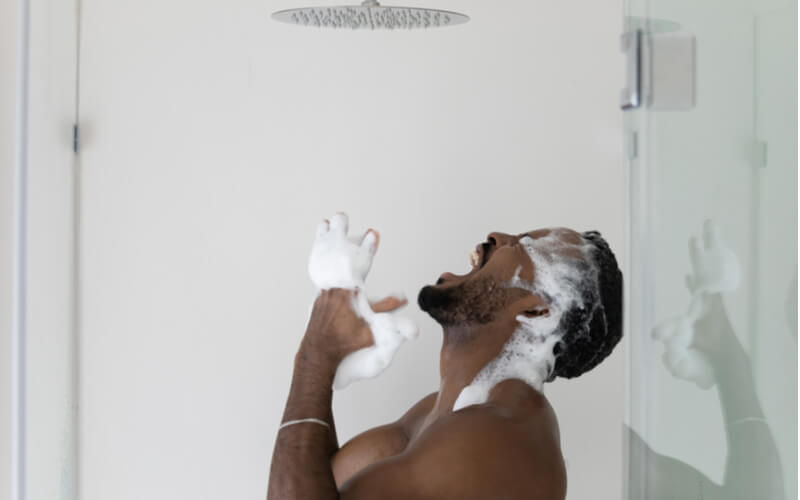How to improve the water pressure in your shower?
- Nicholas Hall
- Apr 29, 2022
- 2 min read
Nothing beats a good shower, they wake you up when you are tired, help relax you when you are stressed and provide a stage for some of the best concerts you have ever delivered. There’s just something about the downpour of hot water in the winter and cooler water in the summer that can fix almost anything. So, when you turn on the shower and step in you want the full experience, you don’t want to feel like someone is holding a watering can above your head whilst you hit the high note. Poor water pressure can make taking a shower a decidedly less pleasant experience, in order to help keep your showers a pleasant experience we have collated some of the best methods for delivering the best possible water pressure.
Test
First of all, you would need to identify whether or not you have low pressure, this can be worked out using a measuring jug and a timer, run the shower and time how long it takes the jug to fill up, as a guide you would want a 1ltr jug to be full in less than 6 seconds, anything more than this is indicative of water pressure issues.
Basic Fixes
So, you’ve carried out your test and found that you have poor pressure, what do you do now? You can try basic fixes like cleaning and descaling the shower head. Next step is to call a plumber, they will carry out their own tests to verify the pressure at your property. They would then establish what system you had in the property, you will recall from last week when we discussed Combination and Conventional systems, these would each present different problems and solutions for water pressure.
On a Conventional system the most common option to improve you showers pressure is a shower pump, these work by taking the water and boosting it using impellor to increase the pressure before feeding it out through the shower head.
On a Combination system, there is likely to be a need for a more in-depth investigation, as the most common cause of poor pressure on these systems is blockages usually in the valves or faulty taps. Occasionally poor pressure can indicate an issue with the plate heat exchanger or filters within the boiler. A plumber will be able to rectify this.
Overall there are many options and we have briefly explored the most common issues and solutions for poor pressure, but it should be taken on a case by case basis. If in doubt contact a Plumber.
If you found this FAQs useful, I’d be very grateful if you’d help it spread by emailing it to a friend or sharing it on Linkedin or Facebook. Simply click the social icons below. Thank you!
image from homestars


Comments